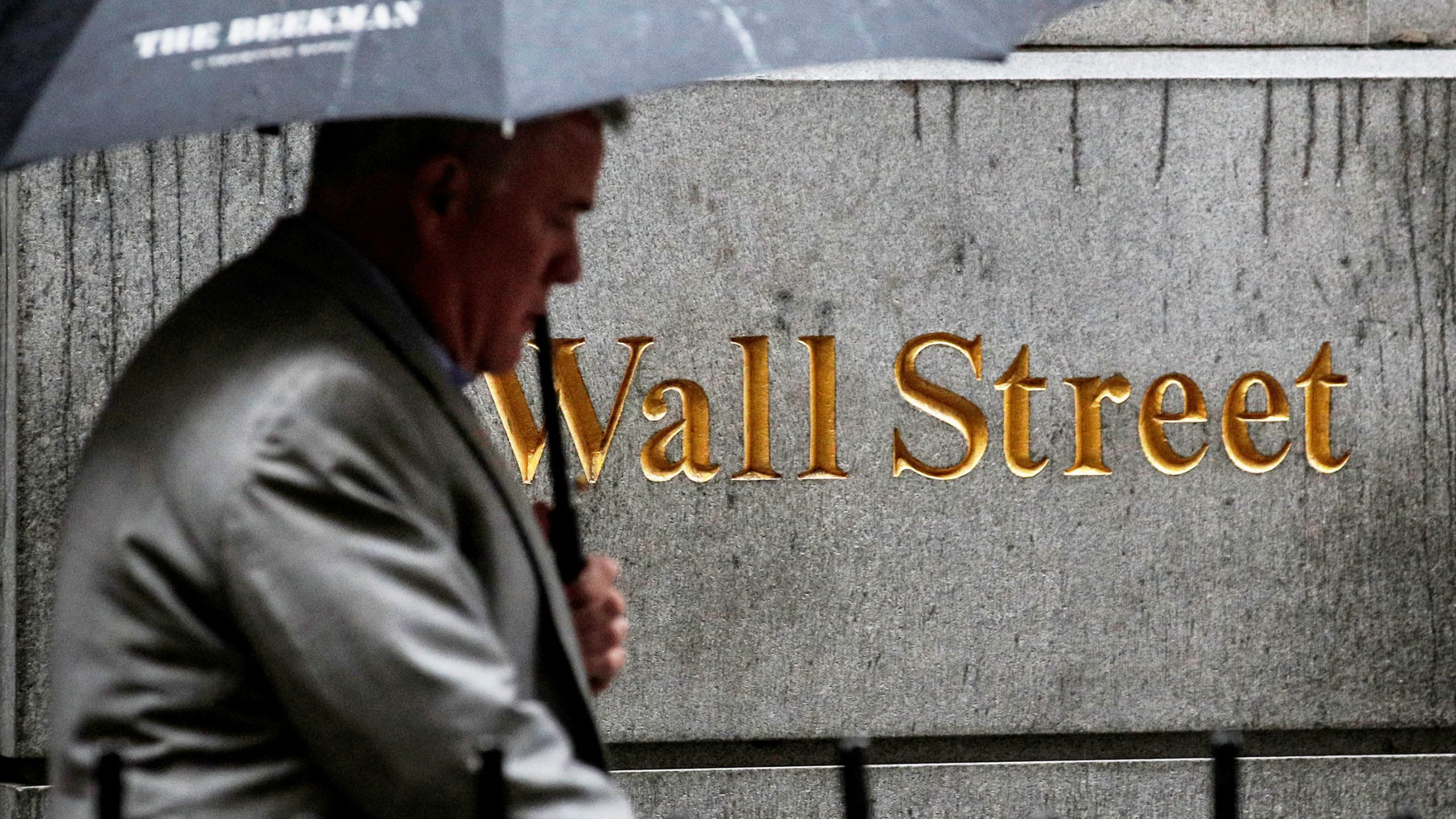Chief financial officers at big U.S. companies entered 2020 on a cautious note, with almost all anticipating an economic slowdown against the backdrop of an overvalued stock market, according to a survey released Thursday.
The Deloitte CFO Signals Survey showed that while the corporate leaders see the economy as “good,” they anticipate that before the year is over, conditions will slow.
They see consumer and business spending slowing, and 82% anticipate taking more defensive actions, like reducing discretionary spending and headcount, as a way to stave off the looming headwinds.
The slowdown is likely to be particularly acute in Europe and China. While 69% of respondents see conditions in North America as good, the number is just 7% in Europe and 18% in China, the latter a three-year low as the country’s shift to a more consumer-focused economy and its trade battle with the U.S. both conspiring to hold back growth.
“North America is clearly the place where companies are continuing to increase their investment focus,” said Sandy Cockrell, Deloitte Global CFO program leader. “There’s still a high level of caution.”
While CFOs see a downturn, that doesn’t mean they’re foreseeing a worst-case scenario. In fact, expectations for an outright recession fell to 3% in the fourth-quarter survey, down from 15% in the first-quarter 2019 survey. However, 97% say a slowdown already has begun or will start sometime in 2020.
The concerns are consistent with a recent Conference Board CEO survey that found recession at the top of the list of things to fear, though Goldman Sachs recently said the U.S. economy is much less susceptible to recessions.
Deloitte surveyed 147 CFOs from U.S., Canada and Mexico, most from companies that have more than $3 billion in annual revenue.
Trade, politics figure in outlook
Among the concerns are trade tensions between the U.S. and China, political turmoil and slowing consumer demand. Net optimism rose from -5% in the last survey to +11 currently, but that’s still around the lowest level in three years.
Cockrell said a lasting peace between the U.S. and China would be a big help. The countries are about the sign a phase one trade agreement, but uncertainty over the impact tariffs the two sides have levied and could reinstitute remain problems.
“If we can get these trade deals done, that would be the biggest thing,” he said. “Uncertainty of having to price your supply chains makes budgeting and forecasting extremely difficult. From a CFO’s perspective, naturally they are going to be a bit on the conservative side, which they should be. But if they can get some clarity behind that, I would view that as a tailwind.”
Executives are watching the 2020 presidential election — some 65% say economic performance will depend significantly on the outcome, though few are making business adjustments yet based on the political landscape.
In the financial markets, CFOs also are concerned.
As Wall Street sees a succession of new highs, 77% of respondents said stocks are overvalued, the highest level in nearly two years. Just 4% said equities are undervalued, down from 10% in the last reading.
At the same time, CFOs see a key building block of the rally, low interest rates as set by the Federal Reserve, staying in place, though they do anticipate a higher U.S. dollar.
The executives also were asked about climate change, with more than 70% saying they are under some pressure from stakeholders to take preventive actions.


 Signal2forex.com - Best Forex robots and signals
Signal2forex.com - Best Forex robots and signals




